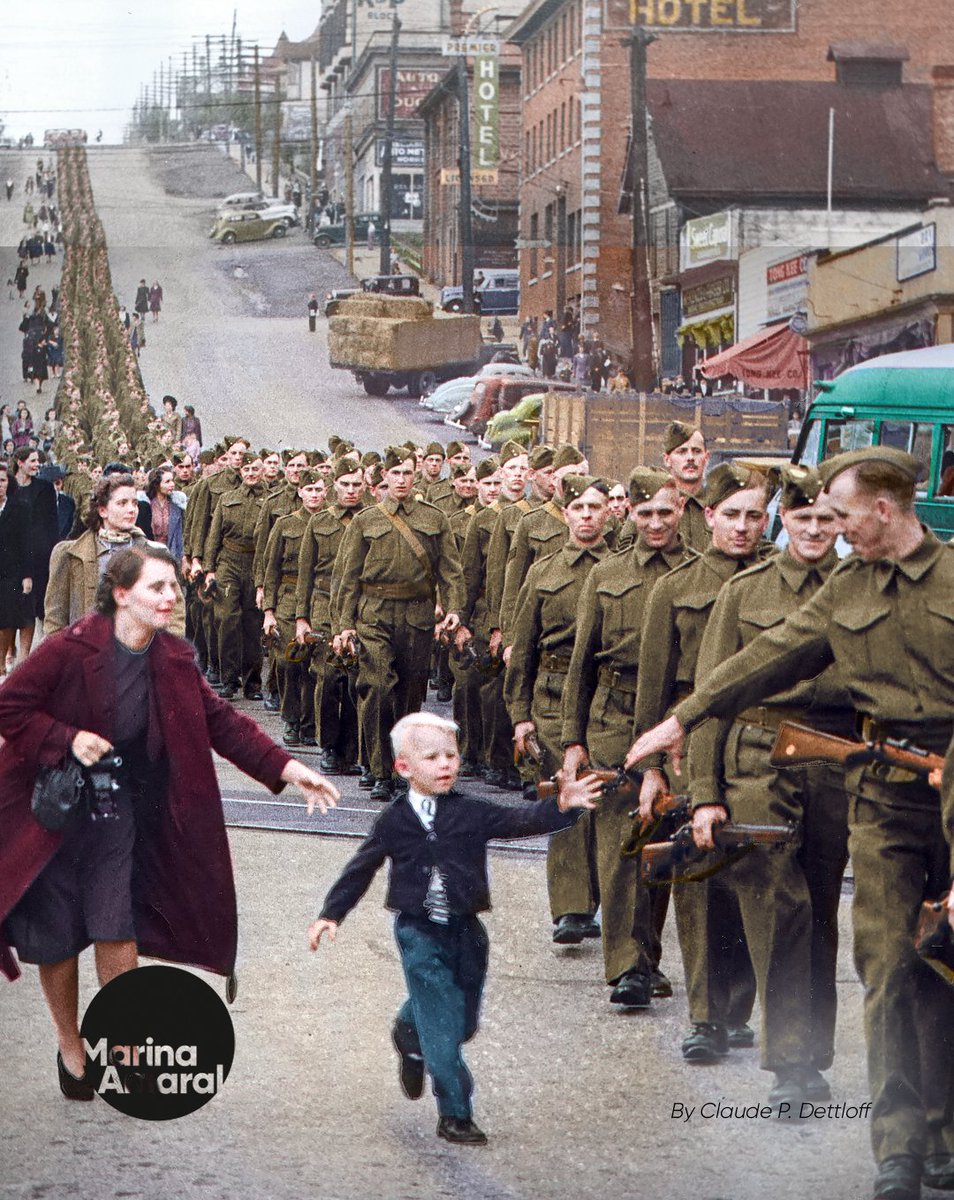
American world traveler, adventuress, heiress and mystic, Aimée Crocker was dubbed the “Queen of Bohemia” in the 1910s by the world press for living an uninhibited, sexually liberated and aggressively non-conformist life in San Francisco, New York and Paris. #WHM2021 

She spent the bulk of her fortune inherited from her father Edwin B. Crocker, a railroad tycoon and art collector, on traveling all over the world (lingering the longest in Hawaii, India, Japan and China) and partying with accomplished artists of her time.
She was famous for her collections of tattoos, pet snakes, pearls, husbands and lovers. Aimée was by all accounts, an Olympic-caliber sexual athlete; she married five times in five different decades of her life, each man being in his twenties.
Spiritually inquisitive, Crocker had a ten-year affair with occultist Aleister Crowley, was a devoted student of Hatha Yoga, and was reported to have started the first Buddhist colony in Manhattan.
In 1936, Crocker wrote a travel book, And I’d Do It Again. Included in her life story: a harrowing honeymoon train crash in California; a blood curdling escape down a jungle river; an abduction by a Dyak prince; a lesbian double suicide; a poisoning in Hong Kong;
a murder attempt by knife-throwing servants in Shanghai; a search for Kaivalya at the cave of the Great Yogin Bhojaveda in Poona; and two bizarre sensual/sexual experiences, one with an Indian boa constrictor, and another with a Chinese violin in the “House of the Ivory Panels.”
The Philadelphia Inquirer would name Aimée Crocker as “The Most Fantastic Woman of Her Age.” (Source: aimeecrocker.com)
“I have none of the good, honest, Anglo-Saxon feeling of duty towards society. I care very little indeed about society and I find myself under no sort of obligation to that imaginary force.”
#WomensHistoryMonth
#WomensHistoryMonth

She once went to the red-light district of Hong Kong by rickshaw, hung out at an opium den and paid to free an addicted slave prostitute.
She also orchestrated a drinking game with Oscar Wilde.
She also orchestrated a drinking game with Oscar Wilde.
She's basically my hero.
(Which she did with her new boyfriend before she was officially divorced)
Btw: your misogynistic opinion is not welcome here
• • •
Missing some Tweet in this thread? You can try to
force a refresh













